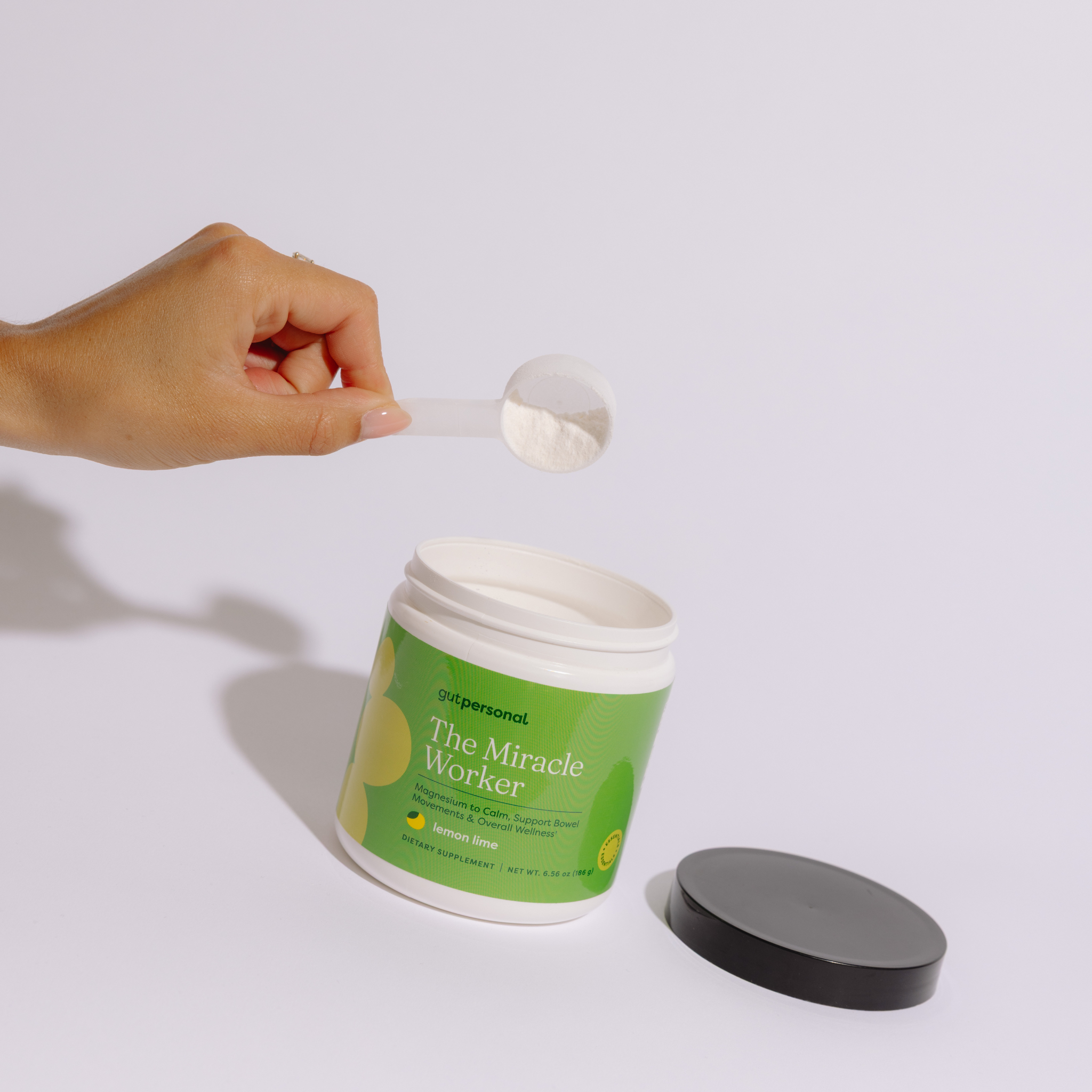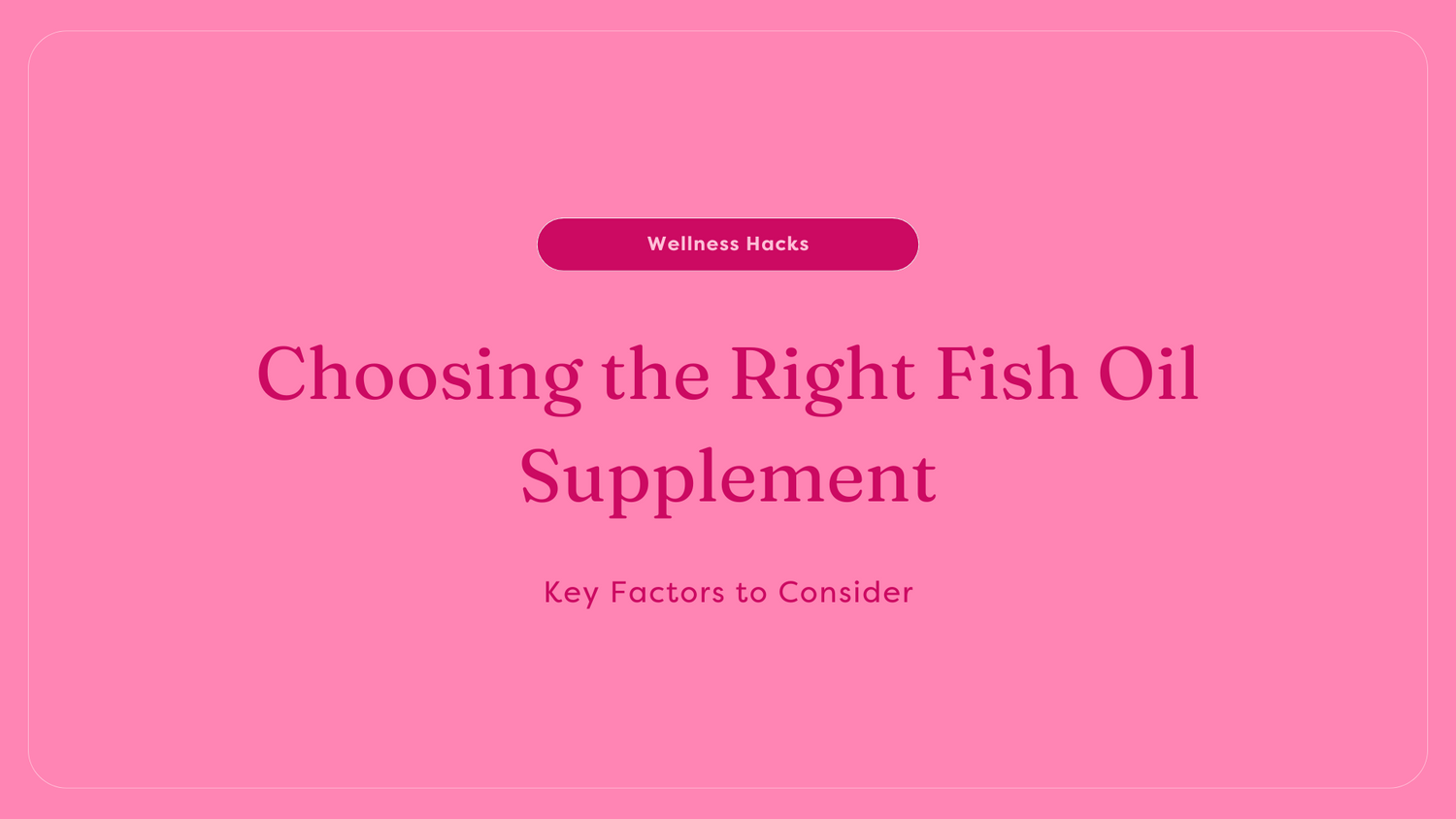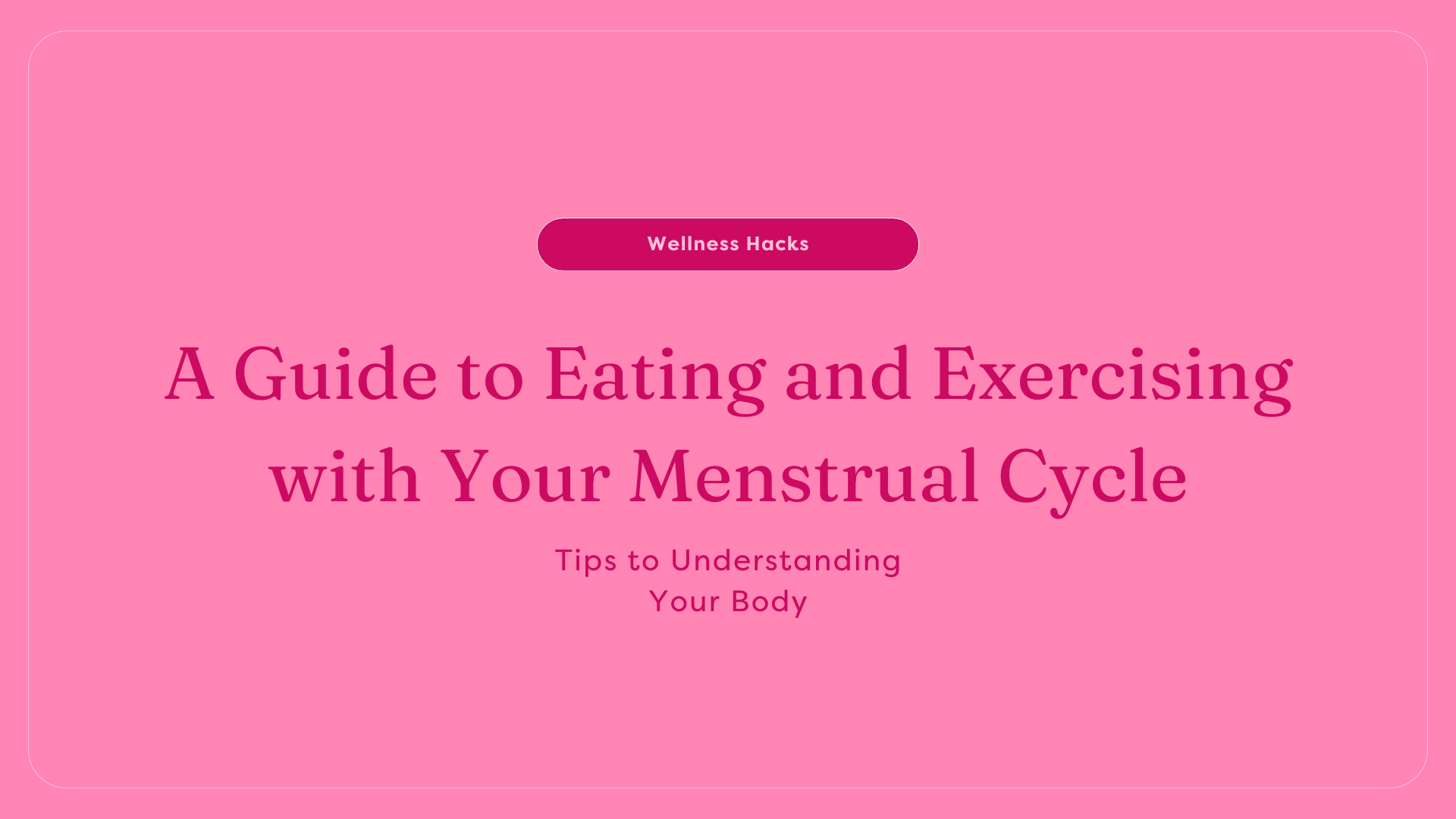You may have heard of fish oil supplements or seen them on the shelf at the store– they are SUPER popular and have amazing benefits, from boosting heart health to combating inflammation!
If you’re thinking about taking fish oils but don’t know where to start, want to know which fish oil is right for you, or just want to learn more about the benefits of omega-3s, we got you!!
Benefits of Fish Oil and Omega-3s
There's truly nothing fishy about fish oil! (As long as you are shopping for quality, see tips below!)
Fish oil, especially in supplement form, is super rich in omega-3 fatty acids, which is a type of unsaturated, healthy fat that our bodies need to consume through foods like salmon, walnuts, and chia seeds. Omega-3 fatty acids have been shown to provide lots of INCREDIBLE benefits to our health in many different ways!
For example, certain omega-3 fatty acids like EPA and DHA found in fish oil are great for heart health! They can help decrease unhealthy triglyceride levels and blood pressure, which helps to reduce your risk of heart disease!
Omega-3 fatty acids in fish oil also have anti-inflammatory properties, which can help alleviate symptoms of chronic inflammation. This is definitely beneficial for those with inflammatory conditions like rheumatoid arthritis, as well as reducing joint pain, stiffness, and swelling.
(PLUS, these anti-inflammatory properties also apply to inflammation in the gut, and we’re all about helping out our gut here at GutPersonal!)
Some other benefits include improvements to gut lining health, inflammation, brain function, metabolism, and more!
Tips for Choosing a Fish Oil Supplement
Before you choose a fish oil supplement, it is important to consult with a registered dietitian or another healthcare professional to see if taking a fish oil is right for your individualized health needs.
If you’re looking to add a fish oil to your routine, here are some tips for choosing a fish oil supplement:
- Purity and quality– look for fish oil supplements that are molecularly distilled or purified to remove contaminants like mercury, lead, and PCBs.
Third-party certifications like IFOS (International Fish Oil Standards) or USP (United States Pharmacopeia) verification are also a good sign because they indicate that the supplement meets quality and purity standards!
- Form and dosage– fish oil supplements are available in many different forms, including capsules, soft gels, liquid, and chewable options. Choose a form that is convenient and easy for you to take and a dosage that aligns with your specific health needs! A typical dose that’s great for most is between 1.5 - 3g per day.
- Omega-3 content– check the label for the amount of EPA and DHA per serving. Higher concentrations of EPA and DHA are generally preferred!
- Fish oil source– fish oil derived from fatty fish like salmon, mackerel, sardines, and anchovies tends to have higher omega-3 concentrations. These smaller types of fish are also less likely to accumulate toxins compared to larger types of fish.
However, if you are allergic to fish or have a fish sensitivity, then alternative omega-3 fatty acid supplements like algae-based options could be a better choice.
- Brand reputation and reviews– do a little research on the supplement brand's reputation and read customer reviews to check out the product's quality, effectiveness, and customer satisfaction.
Red Flags in Traditional Fish Oil Supplements
While fish oil supplements can be GREAT for your overall health, there are a few red flags to watch out for– here are some examples:
- Fishy aftertaste– a common complaint with traditional fish oil supplements is the potential for a nasty fishy aftertaste or “fishy burps.” (Enough said.). Shopping high-quality supplements will not leave you with a nasty aftertaste!
- Quality and purity concerns– unfortunately, not all fish oil supplements are created equal. Some may contain lower-quality fish oil or go rancid quickly, leading to a decrease in effectiveness and even yucky side effects.
It is CRUCIAL to choose reputable brands that undergo rigorous testing for purity, quality, and freshness.
- Cost– high-quality fish oil supplements can break the bank compared to lower-quality products. Therefore, it is important to balance the cost with the quality and effectiveness of the supplement!
- Potential contaminants– larger types of fish can accumulate environmental pollutants like mercury, PCBs, and dioxins. While high-quality fish oil supplements undergo various processes to remove contaminants, there may still be tiny amounts in some products.
- Interactions with medications– fish oil supplements, particularly at higher doses, can interact with certain medications, so we encourage you to consult with a healthcare professional before starting any new supplements, especially if you are taking any other medications.
NOW LIVE!
We absolutely LOVE the idea of a high-quality omega-3 supplement that provides all these different benefits to our bodies, including to our gut health.
That is why we released a high-quality and rigorously tested omega-3 supplement! We promise that you can trust this fish oil supplement to better your health WITHOUT the pesky red flags of traditional fish oils!
P.S. And don’t forget to take our personalized gut health QUIZ to find the supplements that your body needs!









Leave a comment
This site is protected by hCaptcha and the hCaptcha Privacy Policy and Terms of Service apply.